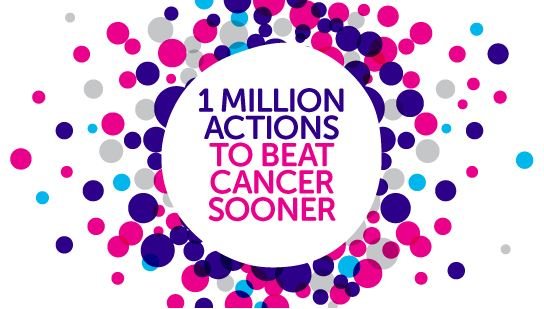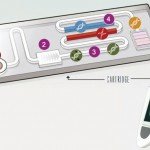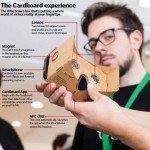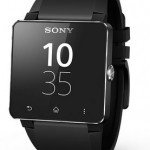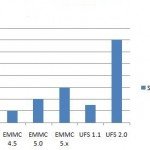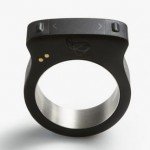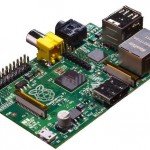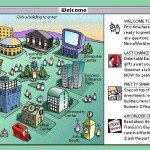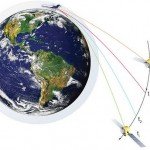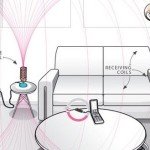Beat Cancer By Playing Games
We are all aware among frighten stories about smartphones causing cancer tumors. As it turns out, the gadget in your hands is assisting to find a cure for the disease. Simply think about whenever you used your judgement to gauge which angle to throw an Angry Bird, you were actually monitoring activities in genetic data informations. Healing cancer simply by playing games might seem like the stuff of fantasy, but the concept behind it is very real.
Video games and other simple mobile applications software can be utilized by experts around the globe to collate information, identify anomalies, help improve treatments and even develop medications that may prevent cancers. But it’s not the researchers who are taking part in playing the games – it’s many people around the world, and their collective brain (and thumb) power is showing to be an effective weapon in the fight to beat the cancers that kills a single person every four minutes in the World. That is because simple gaming applications have a cumulative number crunching power that makes them the stuff of medical scientists’ dreams. Let us explain…
The Gene Video Game
On worldwide Cancer Day in February, Cancer Research UK introduced the free app Play to Cure: Genes in Space, which you can get from the Google Play store the Apple App Store (https://itunes.apple.com/gb/app/play-to-cure-genes-in-space/id784643890?mt=8) or (https://play.google.com/store/apps/details?id=com.guerillatea.elementalpha&hl=en_GB). You may think that you are just killing time and zapping asteroids whenever you enjoy this simple Space Invaders-style video game, but every single asteroid you zap is another piece of important genetic data counted.
All the information is fed back to a Cancer Research UK laboratory at Cambridge college, where scientists are creating new medicines that target certain genetic faults that cause breast cancers. Keeping track of medical data is fairly simple duty, but there is just an excessive amount of it for researchers to measure by themselves. The Cancer Research UK team that assisted develop Genes in Space has 46,000 sets of data to analyze, and to make sure accuracy each set must be examined 50 times. That’s a lot of repetitive jobs, but it can be done far more easily by crowdsourcing it out to many people playing video games on their smartphone and android tablets.
Genes in Space is Cancer Research UK’s second data-collection video game, after the success of the web-based puzzle game Cell Slider (www.cellslider.net) for which the charity teamed up with Amazon, Facebook and Google. The video game, which challenges us to identify the differences between pictures of cancer cells, was played by 200,000 people. In several months, players analysed an archive of two million images, which would have taken scientists 18 months.
We’re All Statisticians Now
The advantages of the wider population helping scientific research through their PCs, tablets and smartphones is now well known. When the Citizen Science Alliance introduced its Galaxy Zoo website (www.galaxyzoo.org) in 2007, it received 70,000 classifications of intergalactic photos every hour. In 2012, Cancer Research UK teamed up with the Citizen Science Alliance to recruit IT-savvy participants for the Good For Nothing project (www.goodfornothing.com), a “community of thinkers, do-ers, makers and tinkerers” aiming to “solve problems collaboratively”. Developing a way to make cancer research fun and engaging was one such challenge.
The teams quickly realized that the more entertaining an application was, the more people would definitely use it. In addition, when people enjoy video games, their brains set to work detecting subtle patterns and ‘odd ones out’ in a way that software does not. When you play Genes in Space, as an example, you’re looking at patterns in gene microarray data that can be used to predict various cancers. Researchers have spent years developing complex computer algorithms to spot changes in this data, but found that the results just were not precise enough. The more human eyes that look for patterns, the better the results will be. Transforming cancer research into a video game may seem to trivialise it, but more participation means faster and more efficient research. And Cancer Research UK has found that people’s main motivation for using applications like Genes in Space is to help save lives, not waste ten minutes playing a video game.
It makes us all feel truly involved. “Every single people spend actively playing our smartphone video game immediately helps our work to beat cancer quicker,” Hannah Keartland of Cancer Research UK said. “Together, our free moments will help bring forward the day when all cancers are healed.”
Power in your pocket
Human brain power and large-scale engagement may be important in the fight against cancers, but the sheer processing power of the mobile phone in your pocket can also play a vital role. HTC’s new Android app Power To Give (free from https://play.google.com/store/apps/details?id=com.htc.ptg&hl=en_GB, but you need Android 4.3 or later) makes use of your phone’s spare processing power to fight cancers and help other scientific research while you are sleeping.
To get involved, install the app, select a research program, connect your mobile phone in to charge and make sure it is connected to Wireless network. The application will then run in the background, contributing your phone’s processing power to your chosen project. It’s a innovative way of funding science. Besides cancer studies, Power To Give also lets you support many other medical and scientific projects including the research for extraterrestrial life (SETI), research into climate change and the fight against Alzheimer’s – projects that would normally take centuries could be completed in a fraction of the time, claim the programmers. With 785 million Android devices shipped in 2013 alone, the potential is huge. By using your mobile phone to become a part of medical research, you can make a real change to your own future.

